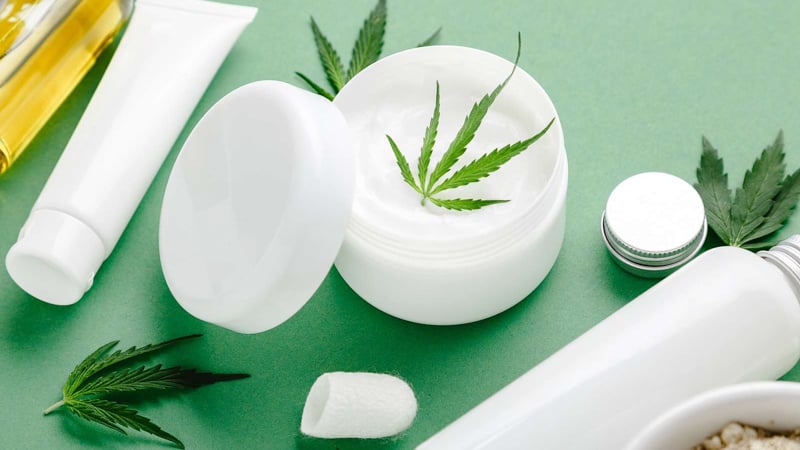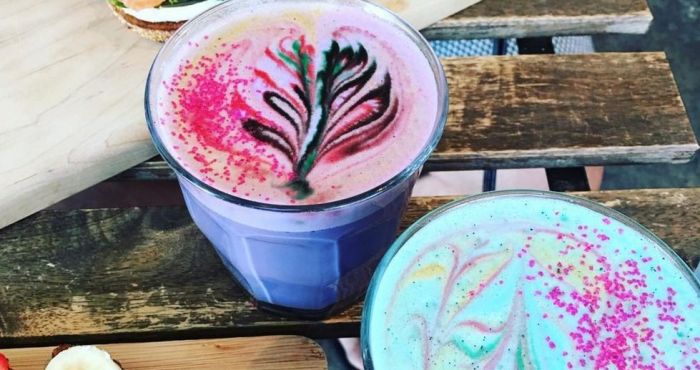
What is CBD isolate? What makes CBD isolate different from other extracts? Isolates are 99% pure, non-psychoactive, versatile, shelf-stable and have the following benefits. You will find out why isolates have so many great benefits! If you are considering trying CBD, think about all the benefits it has! It will make you happy! This is the best option for those who are concerned about THC levels and drug tests.
CBD Oil - 99% Pure
CBD isolate is a form that contains 99% of pure CBD. It is made from industrial hemp. It can also be produced from supercritical CO2 (or ethanol)-based extraction methods. The process of isolating marijuana isolates is identical to the one used to create THC. Marijuana plants are grown for their CBD content, and the compounds within them are separated. The CBD compound is the only thing left after solvents, natural matter, and terpenes are removed. The CBD compound left behind is crystallized with no flavor, scent or style. This type of isolate is great for those who don't like the taste of natural cannabis products.

Non-psychoactive THC
Many people believe that CBD isn't psychoactive. The media is quick to trumpet this misconception. The fact that CBD is becoming more popular is likely to fuel the media's enthusiasm. CBD is psychoactive, however. Despite not being psychoactive, CBD and THC work in different parts the brain.
Versatility
CBD isolate is a versatile type of the cannabinoid. It can be found in many cannabis plants including marijuana. Many consumers are jumping on this bandwagon because CBD isolate doesn't show up in drug tests. This CBD isolate isn't as potent as full-spectrum CBD. However, it does offer some benefits. CBD isolate isn't as psychoactive as full-spectrum CBD but still has its benefits.
Shelf-stable
A shelf-stable CBD isolate product has a long shelf life, which is usually around 24 months. The shelf-life of any product depends on its storage conditions and product. Due to their lack of other ingredients, shelf-stable items tend to last longer than others. CBD isolate can be dissolved in many alcohols, alkanes and aromatic hydrocarbons. It can also be dissolved in chlorinated solvents and polar aprotic solutions.

Many uses
CBD isolate does have some benefits but it doesn't solve all your problems. It is a versatile product that can be used for many purposes. It can be used in butter and oil to make food, or vaporized with a dab rig. It can also be used to make skincare products. Learn more about CBD isolate's therapeutic benefits.
FAQ
What are the best uses for CBD?
CBD can also be used to treat anxiety. It is also used to treat pain, insomnia, epilepsy, inflammation, depression, and other conditions.
CBD can be taken in many forms. CBD can be taken in many different ways.
CBD has many health benefits. CBD has been shown to be beneficial for people with chronic pain, anxiety, PTSD, and other conditions.
Where can I purchase CBD products?
CBD can be bought online or at your local retailer. Online retailers offer better deals. Many websites sell CBD products containing industrial hemp.
If you prefer to shop locally, look for brick-and-mortar businesses that specialize in selling CBD products.
Many states now allow CBD products to sold without a prescription. CBD products may be available at your local pharmacy if the state you reside is one of them.
You may even be able to get CBD products delivered directly to your door.
Which states consume the most CBD?
The top three states are California, Colorado, and Oregon. These states have large populations, high incomes, and low unemployment rates. They also have higher levels of hemp farming than other states.
California leads because its economy relies heavily on agriculture. It is home to a large amount of fruits and vegetables. This is because cannabis is from the same source as hemp.
Colorado and Oregon follow close behind because they both produce marijuana for medical purposes. California and Oregon, however, don't allow recreational use of marijuana.
Other states that are highly ranked include Washington, New York. Florida. Illinois. Pennsylvania. Mississippi.
How can companies successfully market CBD products in a regulation-compliant manner?
The FDA does not regulate hemp for its agricultural commodities. The Controlled Substances Act governs all other cannabis derivatives, such as marijuana. CBD has yet to be subject to specific regulations.
CBD is legal in 29 states. However, federal law still considers CBD illegal. Businesses looking to sell CBD products are left in uncertainty.
The FDA has strict guidelines regarding how CBD products can be promoted. For example, they must clearly disclose any product's THC content. Companies cannot claim CBD is effective in treating certain medical conditions without supporting evidence.
In addition, the FDA requires manufacturers to submit detailed information regarding manufacturing practices and quality control measures. To prove safety and effectiveness, they require that companies conduct clinical trials.
Companies should consider these factors when developing their own marketing strategies.
Statistics
- HR −16 mmHg; 95% CI −26, −6; I2 = 92%) (ncbi.nlm.nih.gov)
- A recent systematic review of human trials also reported that individuals with epilepsy receiving CBD (5–20 mg·kg−1·day−1) were more likely to experience decreased appetite than those receiving placebo (i.e., ~20 vs. 5% of patients) (ncbi.nlm.nih.gov)
- As a substance that was federally illegal before the passage of the 2018 Farm Bill, hemp-derived cannabinoids with no more than 0.3% THC still face a regulatory grey area. (forbes.com)
- The use of these products is likely to become even more widespread if the World Health Organization's recommendation that CBD no longer is scheduled in the international drug control conventions is adopted by the United Nations member states [201]. (ncbi.nlm.nih.gov)
- CBD seems unlikely to directly influence sleep in healthy humans [115] (and maybe “sleep-promoting” in those with certain comorbid conditions) (ncbi.nlm.nih.gov)
External Links
How To
What are the most common problems in the CBD industry?
The current market for CBD-based products is expanding at a phenomenal rate. Businesses looking to get into this market face many obstacles. There are many challenges facing businesses looking to enter this space, including low consumer awareness, high costs of entry and limited access to capital.
Many people don't know much about CBD or how it works. This makes it difficult for consumers to make informed decisions on whether or not they want CBD products.
CBD companies heavily rely on word-of-mouth advertising. This is costly, as it requires advertising and the hiring of staff to promote their brand.
Another problem for new entrants to CBD is the high price of production. High prices are a major problem for CBD products because of the high cost of raw materials. CBD oil is made from hemp that has been grown in particular climates.
Growing enough hemp to make CBD oil takes around $1,000 per acre. Because of this, many small farmers are unable to afford to grow enough hemp for CBD oil.
Another challenge new entrants face in the CBD market is the lack of access to capital. Due to the stigma surrounding the industry, banks discourage many people who wish to start businesses.
There is also regulatory uncertainty around the sale of CBD products. There are currently no guidelines on how CBD products should marketed.
Despite some states having passed laws restricting the sale CBD products, this is not yet a national policy.
Only two states, Nevada and Maine, have yet to legalize recreational marijuana.
Some states, such as Michigan and Massachusetts, are looking at similar measures.
These changes could cause increased competition among CBD manufacturers.
These factors lead to many entrepreneurs choosing to work from their home instead of starting a physical company.